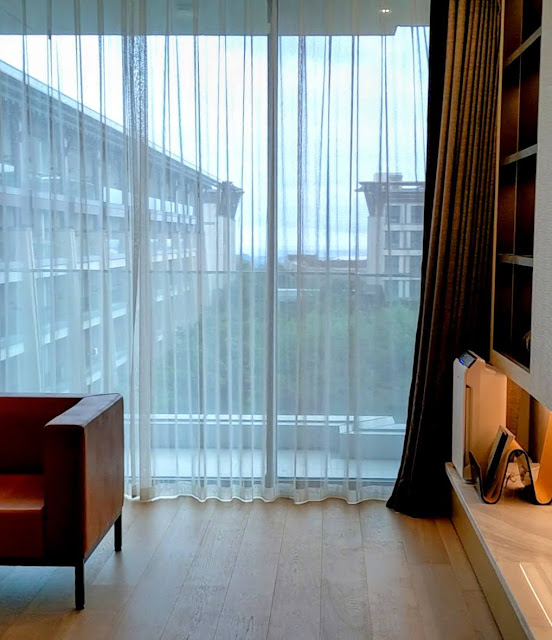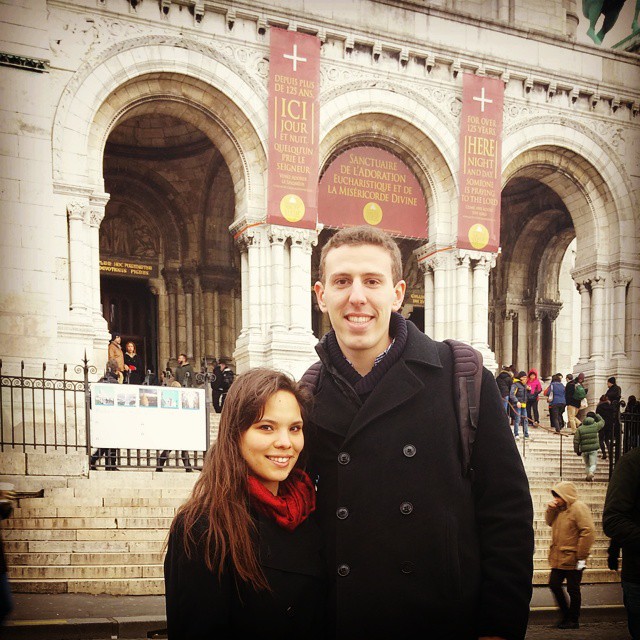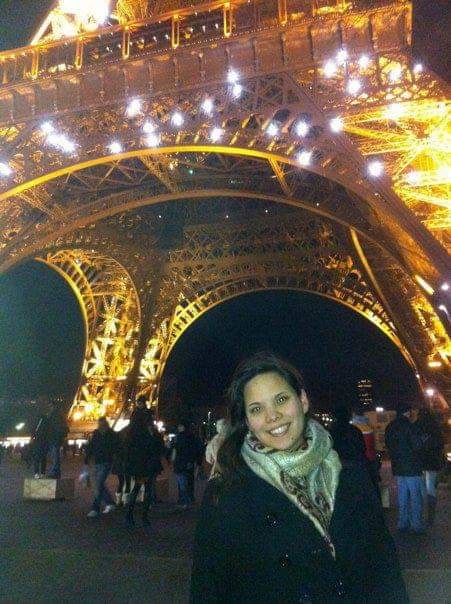
I was struck by a recent experience where a mentor of mine encouraged me to apply for a very selective leadership program. The thing is, I had received information about the program before but it never occurred to me to put myself forward for one of the few available spots until I read my mentor's email. I'd skimmed right over the program announcement even though it sounded interesting because I thought I wouldn't be competitive, especially so early in my career.
When I received the email from my mentor suggesting I'd be a great fit for the program, I took another look at the announcement. I didn't have much time left before I began my maternity leave and wondered whether I could even complete the application before I left. I decided I would have enough on my plate with a newborn at home learning how to be a parent and did not want to worry about applying while on leave. At the same time, the more I learned about the yearlong program the more impressed I was. If I was honest with myself, I did want to be a part of it. Because the program would be an extra time commitment and a work trip on top of my already busy next job in DC, I talked it over with M and we agreed that I should pursue it. We would work together to make sure we could take care of baby S and I could reach my breastfeeding goals and make the program work if I was accepted.
So I scurried for a few weeks writing essays, collecting recommendation letters, receiving approval from my DC supervisor, and submitting everything way before the deadline so I wouldn't have to worry about it on leave. My last week before I gave birth at the beginning of April, I sent the last item off and the program office responded that they had received all the components of my application. All I had to do was wait until the end of May to find out whether I got in. The time until May flew by given that all my attention was on my baby, and so I was surprised to check my email one day and see a message that I had been selected for one of the few Department of State-funded slots for the program.
This whole experience made me realize how important a mentor can be not just in providing advice when the mentee seeks them out but also identifying opportunities for mentees and encouraging them or vouching for them to get those opportunities. I think this is one of those things that separates a phenomenal mentor from merely a good mentor: they are always looking out for things that might help their mentees advance professionally and advocating for them in ways other than the formal structure of a monthly lunch or official mentoring program might dictate.
If you're dying to know what this program is, it's not a secret: the International Career Advancement Program (ICAP). Officially, it's "a professional development and leadership program for highly promising mid-career professionals in international affairs in the United States, sponsored by the Josef Korbel School of International Studies at the University of Denver and by the Aspen Institute." It has a focus on promoting diverse leadership as well as public and community service in my career field and related fields. It also includes a weeklong summit in gorgeous Aspen, Colorado (the first photo of this post). I don't want to go into too much detail about the program on this post because I hope to do future posts on ICAP in more detail and that wasn't the main point of this post anyway.
So if you're a mentor to somebody and you see an opportunity they might not know about or might not think to put themselves forward for, reach out and see if all they needed was some support from someone they respect and admire. Mentorship is a powerful thing, and done correctly it can make a huge difference in the trajectory of a mentee (and, in the grand scheme of things over time, a whole institution).













